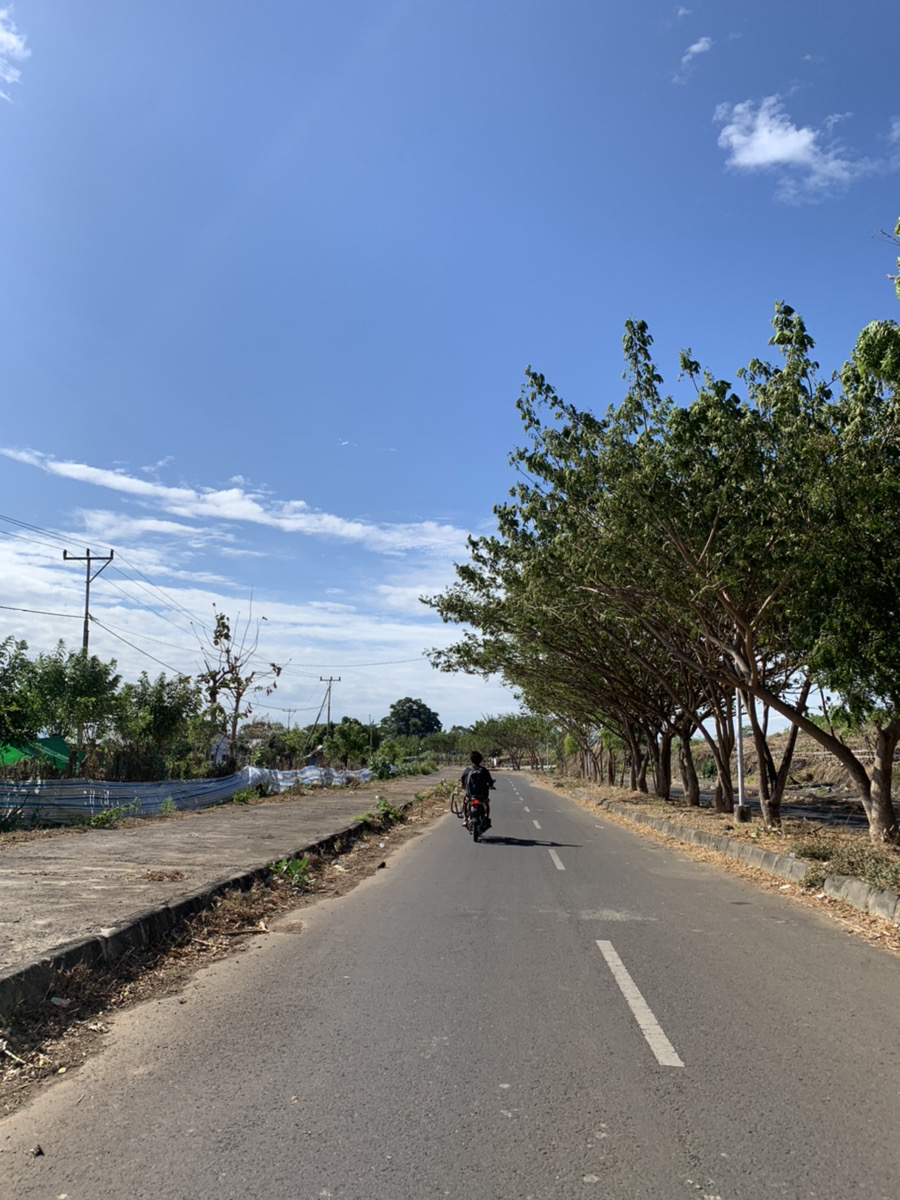
日本がアジアでNo.1だと未だに思っている日本人は少なくない。それは昔の話だ。日本で労働ビザの要件を緩和すればアジアのITエンジニアはいつでも働きに来てくれると思って的はずれな議論をよくしているのを目にする。インドネシアのITエンジニアはほとんど英語の読み書きができる。インドネシアには日本ほど昔から母国語のIT解説書がなかったためだ。英語ができて日本より単価の高い、オーストラリア、アメリカ、ヨーロッパの仕事ができるのに、習得が大変な日本語をわざわざ勉強して日本に来たいというプログラマはほとんどいないのだ。オフショアの会社でも現地でいまだにプログラマに日本語を教えていたりするが、時代に合っていない。日本人が英語を習得し、より価値の高いプログラマになり英語でプロジェクトを実行するのが正解だ。
Many Japanese think “Japan is No.1 in Asia! even now. It is not true anymore. Not so many Asian IT Engineers don’t come to Japan even if we ease a visa requirements. Most of engineers in Indonesia can read and write English because there were not so many translated contents so they learn IT in English. They can work for Australia, US, Europe with higher salary, it means, they do not need to learn difficult Japanese language and not come to Japan for work. Even now some Japanese “Offshore Development” companies teach Japanese for programmers but Japanese programmer should learn English to become more valuable person then do the project with English.
日本人は「Python入門」、「C言語入門」などの本が溢れており、日本語でITを勉強する人がほとんどだ。それに対して、インドネシアのITエンジニアは英語の公式ドキュメントを読んで勉強する。どちらの成長が早いかは議論するまでもない。IT技術の最新情報はほぼすべて英語で発信されるのだ。日本語での情報なんか数%しかない。開発ドキュメントを日本語で作って、日本語でバグを検索していたら一流のエンジニアにはなれない。英語で情報を得ているインドネシアのエンジニアのほうが明らかに成長が早い。
Most Japanese engineers learn IT with Japanese book like “Beginners for Python”, “Beginners for C”. Indonesian engineers learn from official English document. It is easy to imagine who gets more progress because almost all new information about IT is published in English. The part of Japanese material is only a few percent. Engineer never become world top level if they develop a system with Japanese.
2000年にインターネットを使っていた人は世界でわずか6.8%、2010年にスマホを使っている人は日本でも4%だった(出典:世界銀行データベース)。現在、インドネシアのローカル島でもみんなスマホを持ってインターネットを使っている。SNSを使って世界のキラキラした生活を知る。インターネットが浸透する前はそのような生活があることもローカル島では知る方法がほぼなかったのだ。いまでは英語学習、プログラミングの無料勉強コンテンツはネット上に溢れている。スマホとネットさえあれば英語を習得し、プログラマになり、稼げることを知るのだ。
The percentage world-wide using internet is just 6.3% in 2000 and using smartphone is 4% in Japan in 2010. Now all people are using internet with smartphone even in a local island in Indonesia. They watch different cultures in different countries with SNS. Before internet there is no easy way to know about the other countries personal cultures in local island. People can find a lot of free learning contents for English and Programming on internet, then understand that if they become a programmer with English skill they can get good salary.
現在の日本の平均年収は433万円(出典: 2020 国税庁)、インドネシアは26.2万円(出典: 2021 CEIC)、インドネシアの人口は2.73億人であり、圧倒的に若い世代が多い。これはインドネシアに限ったことではない、多くの若い人口を抱える発展途上国すべてに言える。日本は戦後、団塊の世代の奮闘により豊かになった。そのおかげで僕らの世代はぬるま湯で育つことができた。日本自体のそれなりの市場規模と特殊な日本語という言語の壁が参入障壁となり、日本人だけのチームで、日本語だけでIT開発プロジェクトを行うという世界でもまれにみる「IT開発ガラパゴス化」が進行した。ただし、これもそろそろ終わり。AIによる言語の障壁破壊を追い風に、日本人よりメンタルが遥かにタフでハングリーな発展途上国のエンジニアによる、下剋上がはじまるだろう。非常に楽しみだ。世界でもまれにみる英語ができない日本のエンジニアは現状を把握し、世界レベルで活躍できるエンジニアを目指す必要がある。でなければ生き残れない。インターネットが浸透しSNSが普及した今、発展途上国の成長・変化のスピードは予想するよりも圧倒的に早い。この変化のスピードは日本に閉じこもっていたのでは感じることができない。Gruneではインドネシアエンジニアにも、よりレベルの高い仕事ができるように教育し、世界トップ水準の給与の実現を目指していく。
The yearly salary average in Japan is 4.33 million JPY and 0.26 million JPY in Indonesia. The population of Indonesia is 273 million and most of them are young generations. This is not only Indonesia same in all developing countries. Japan was developed rapidly after World War 2 by older generations contribution and young generations are not hungry so much. Japan has enough market size and Japanese language is special so that’s why it became a block from overseas competition. Finally it makes strange and special IT development situation with all Japanese members and Japanese documents. The situation will be changed soon. With breaking the block of the language by AI and engineers who are from developing countries, tough and hungry are getting the jobs and become rich. I am excited to see that. Japanese Engineer should understand the current situation correctly and become world standard level. If not they can not survive. The changing speed in developing countries is much faster than our expectation by internet and SNS. People who stay in Japan can not find it. Grune commits to train Indonesian and Japanese engineers to be world wide standard level and increase their salary.













